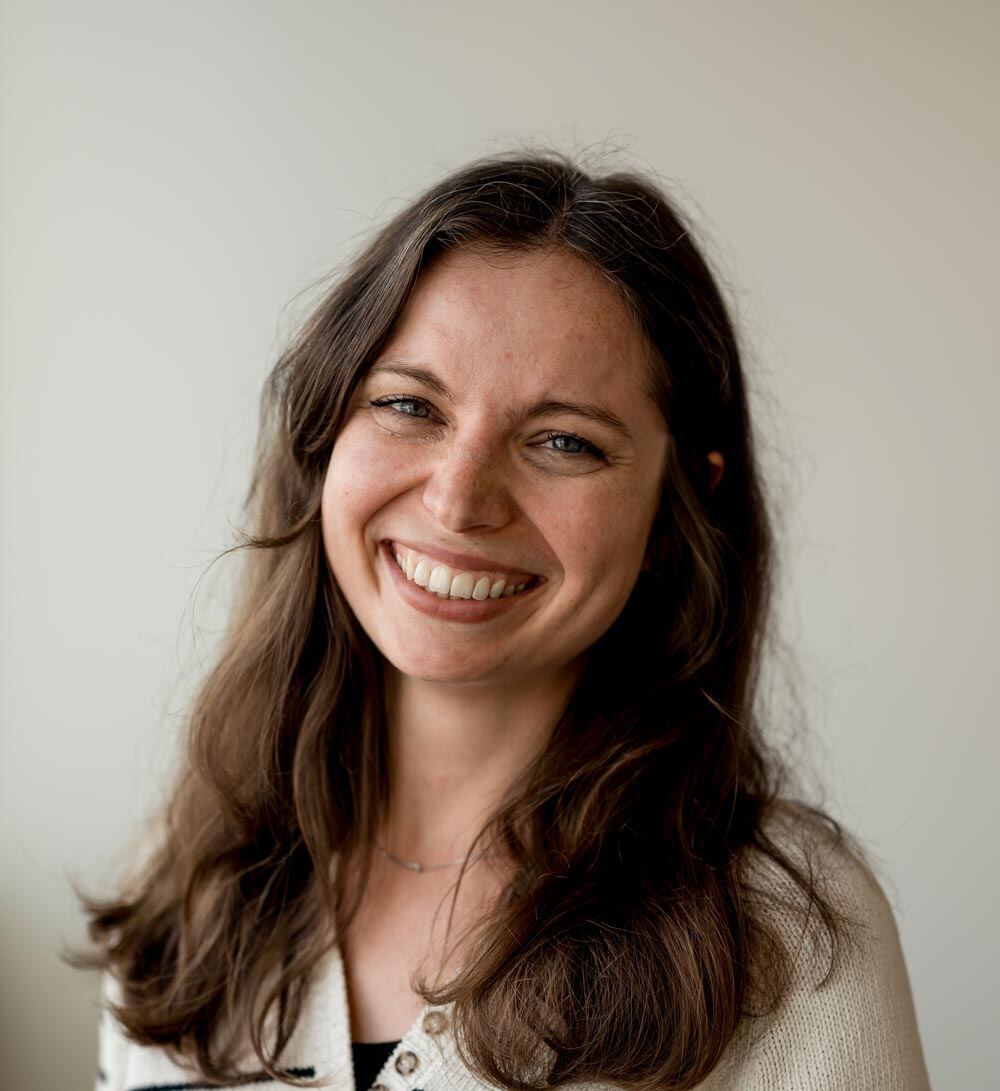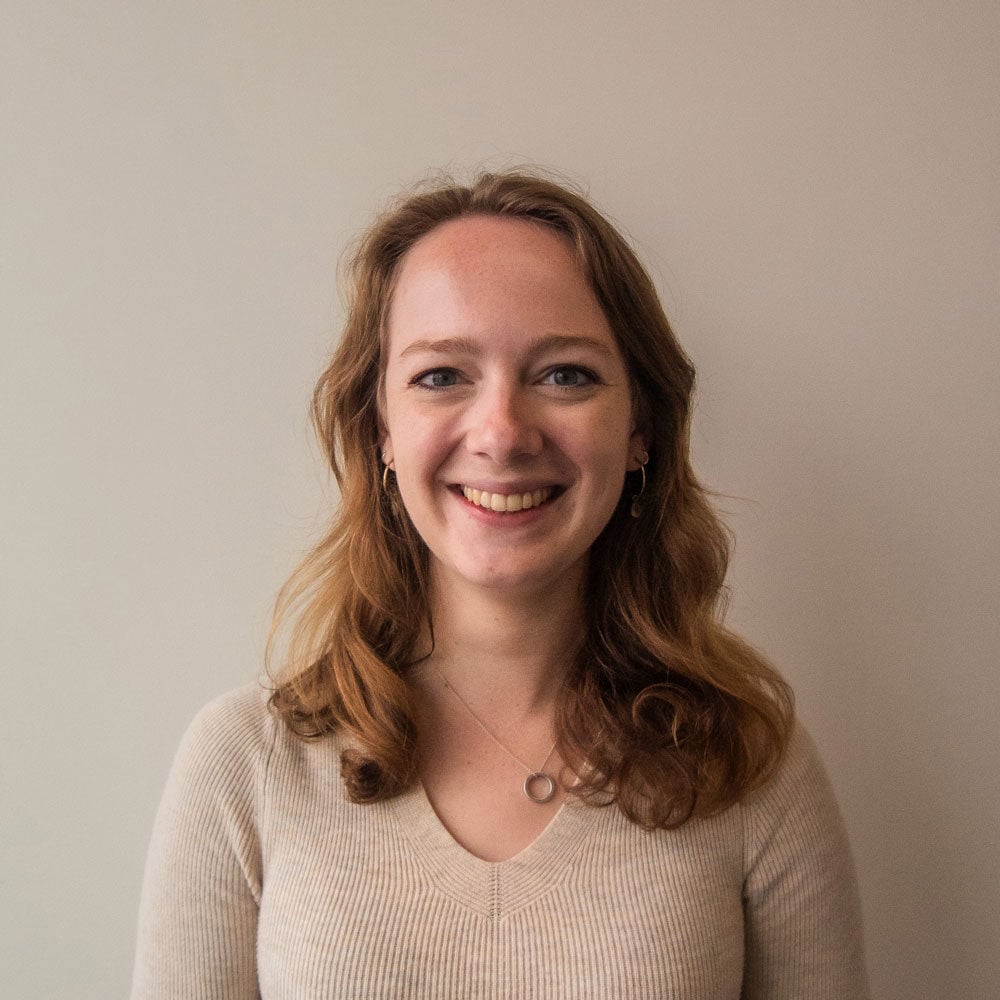Meet Roxana Redis, Associate Science Director at Charles River Laboratories
Meet Roxana Redis, Associate Science Director at Charles River Laboratories, who works in drug discovery.
An interview brought to you by Luci, co-author of the Synthesis newsletter. Want to keep absorbing wisdom from experienced folk in drug discovery?Get the "Synthesis" (read: shorter) version delivered to your inbox every other week, or subscribe on LinkedIn.
Why did you get into drug discovery?
I started in chemical engineering, and as a part of my studies, I spent a semester studying genetics. I was fascinated by genetics and how DNA, RNA, and everything works, and how the human body regulates different processes. I decided to continue with a PhD in medicine. One thing led to another, and I ended up in drug discovery.
What does a typical day look like for you?
There’s no “typical day,” but there are a few things that I tend to focus on. I check in with our teams to see if they need any scientific support on their projects, particularly for our ultra-rare disease programs. I interact with a number of foundations, families, biotechs and pharma to see how we at Charles River can support them. I’m also leading the development of a number of new platforms like the mRNA platform, so I spend a considerable amount of time handling the operational and business development side of things.
In your view, what are the most pressing challenges in drug discovery?
It’s important that we think about reducing the costs and timelines for developing drugs for ultra-rare diseases and rare diseases. There are fewer patients suffering from those diseases, meaning that unless we can find a way to bring down the cost of development, these diseases aren’t commercially viable.
This also applies more broadly to drug discovery and development. We have a number of new therapies like antibody, or cell therapies; but they take a long time to develop, and the cost per patient is too high. If we can accelerate the drug discovery and development process, we can make these new therapies more affordable, and implicitly more accessible to patients.
What skills should all drug discovery researchers be developing?
Adaptability is important, and so is perseverance. You can’t give up easily, otherwise it’s never going to work. I think we’ve all experienced that during our PhDs. Having said that, one of the main things I’ve learned is to know when to give up. That’s equally important.
Tell me about a recent project that excited you.
Recently, we’ve been trialling this new approach where we parallelize different therapeutic modalities (drug repurposing, ASO, and AAV gene therapy) in a single project. For instance, instead of running 3 individual projects in parallel during discovery, we used the 3 therapeutic modalities as tools in the same project. We also have 2 more projects exploring this multi-modality approach—1 is drug repurposing with an antisense oligonucleotide (ASO), and the other is an ASO with 3 types of gene therapy, CRISPR, Kill and replace, and shRNA.
The idea is to help bring drugs to patients faster and reduce costs. It may look counter-intuitive, because you’re doing more things in parallel. But by making use of the same cells, teams, we can be more efficient.
We also designed a process to help us make faster decisions on which therapeutic modality we take further into development, by creating multiple “decision points.” Here, we use the same assays to benchmark the modalities against each other, and question whether we’re still continuing with all therapies. This forces us to discontinue one of the modalities as soon as possible, and only bring the most promising therapy into development.
If this approach holds the promise that we think it does, it will show that in the end, it shouldn’t matter what type of therapy we’re developing. What matters is helping the patient, and bringing that help to the patient in time.
What’s a key thing you’ve learned from success (or failure)?
It’s important to understand when you should carry on, and when enough is enough, and you should stop.
Sometimes it's a difficult decision to make, and I know that in academia, often that line is very blurred. You can end up continuing with research for a long time, even when it's clear that it's not going anywhere. This was one of the reasons I decided to move into industry. Because in industry, you’re encouraged to stop much earlier on due to budgetary constraints.
What’s coming in drug discovery that you’re excited about?
First, I’m looking forward to seeing whether AI can deliver on people’s expectations. There’s a lot of hype around it, but I think it can greatly improve drug discovery and development. I’m following advancements closely, and I’m excited to see how things go.
Second, I feel like there’s been a big shift in how people in industry perceive rare and ultra-rare diseases. They’re starting to see them as viable investments. This is exciting, because 9 or 10 years ago, these diseases weren’t an attractive option. Back then, if you had a child with an ultra-rare disease, you accepted that your child would never receive treatment. Whereas today, lots of these disease therapies are being developed. It started in academia, and it's moving slowly into industry. I’m seeing more and more collaborations between different parties to make treating these patients a viable option.
Any top tips for helping scientists adopt new technologies?
Keep up with new developments. Plus, when you’re introduced to new things, try to keep an open mind, and don’t be afraid to keep asking questions—even if they’re the same ones.
Asking questions is important, because you need to understand what needs to be done, and why—so that when things go wrong in your project or in the lab, you can troubleshoot effectively. If you don’t understand what you’re doing or see why it’s important, this becomes much harder.
Who’s helped you most in your career?
There are 2 people who have helped me the most:
- My PI, George Calin. I did my postdoc and all my PhD research with him at MD Anderson Cancer Center. He introduced me to the world of RNAs. His passion for science and RNAs was so contagious, I haven’t left the field since.
- My mentor, Rose Maciewicz, when I started my career in industry. She was fantastic. She was instrumental in helping me transition from academia to industry, and she taught me how to lead a team.
What’s a book, paper, or article you’d recommend?
O'Connor, D.J., Moss, P., M. et al. The Rare Therapies Launchpad: a pilot program for individualized medicines in the UK. Nat Med (2025).
https://doi.org/10.1038/s41591-025-03547-4
It’s interesting both for people working in ultra-rare diseases, and the industry in general. There’s a lot we can learn from the way the UK is progressing these programs and encouraging more drug developers to pursue them—from the regulatory perspective, and across both academia and industry.
Lucia Dunajová, PhD
Luci is a Senior Research Scientist at Synthace and co-author of the Synthesis newsletter. Luci has a PhD in Biomedical Sciences from the University of Nottingham. Prior to joining Synthace, Luci was a Senior Scientist at OXGENE, where she led engineering of mammalian cell lines for lentiviral production.
Other posts you might be interested in
View All PostsMeet Roxana Redis, Associate Science Director at Charles River Laboratories

Meet Thomas Pesnot, Drug Discovery Services Director at Concept Life Sciences

Meet Örn Almarsson, CEO and Co-Founder at Axelyf

